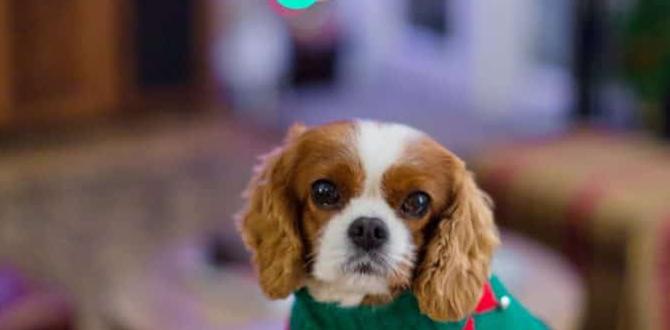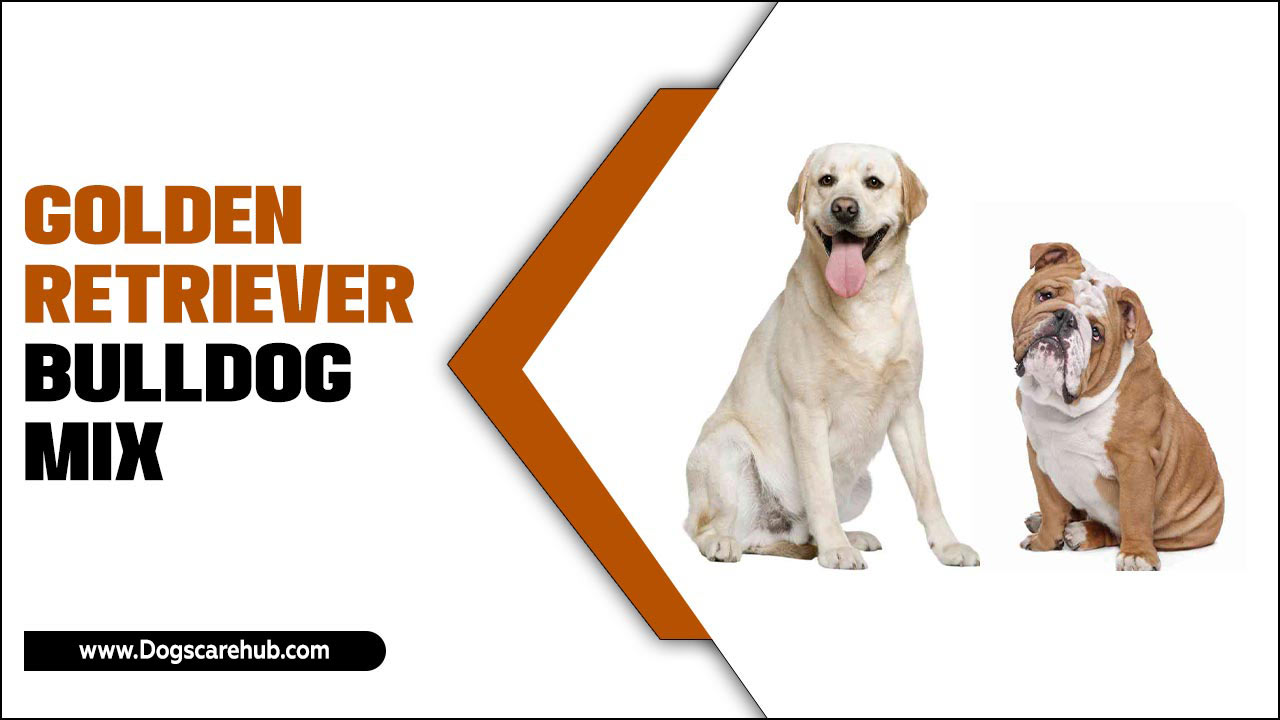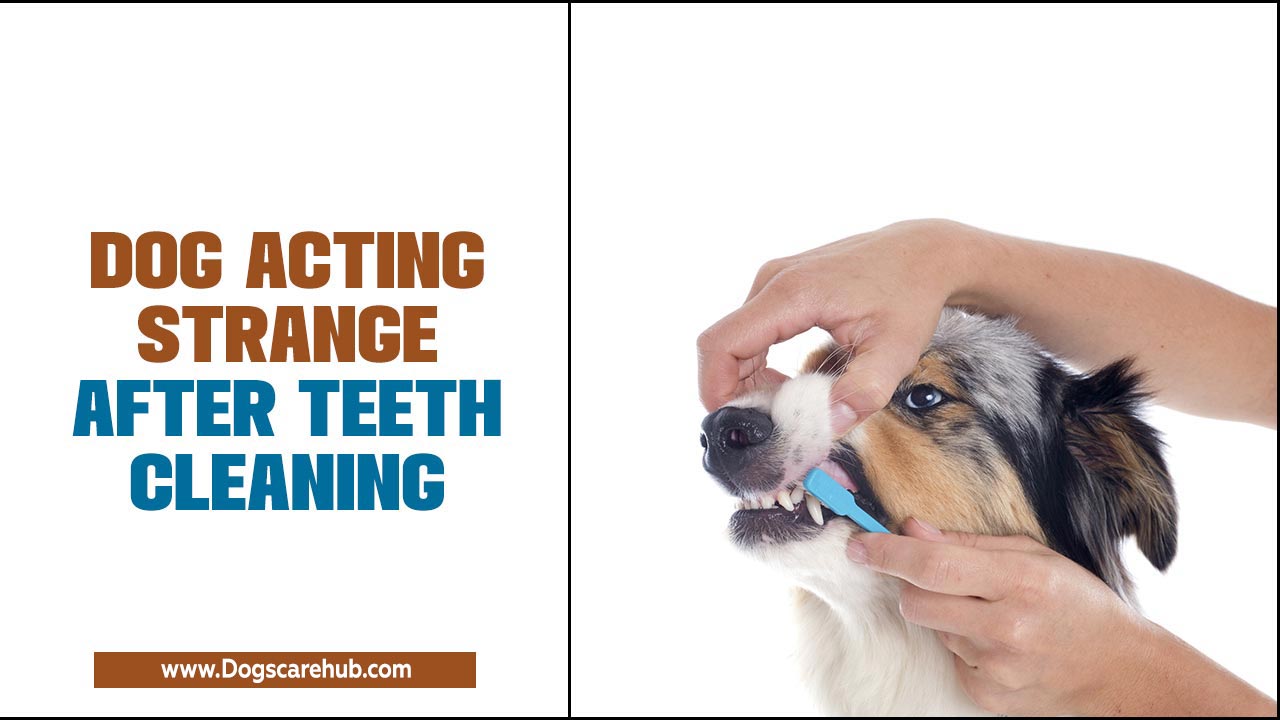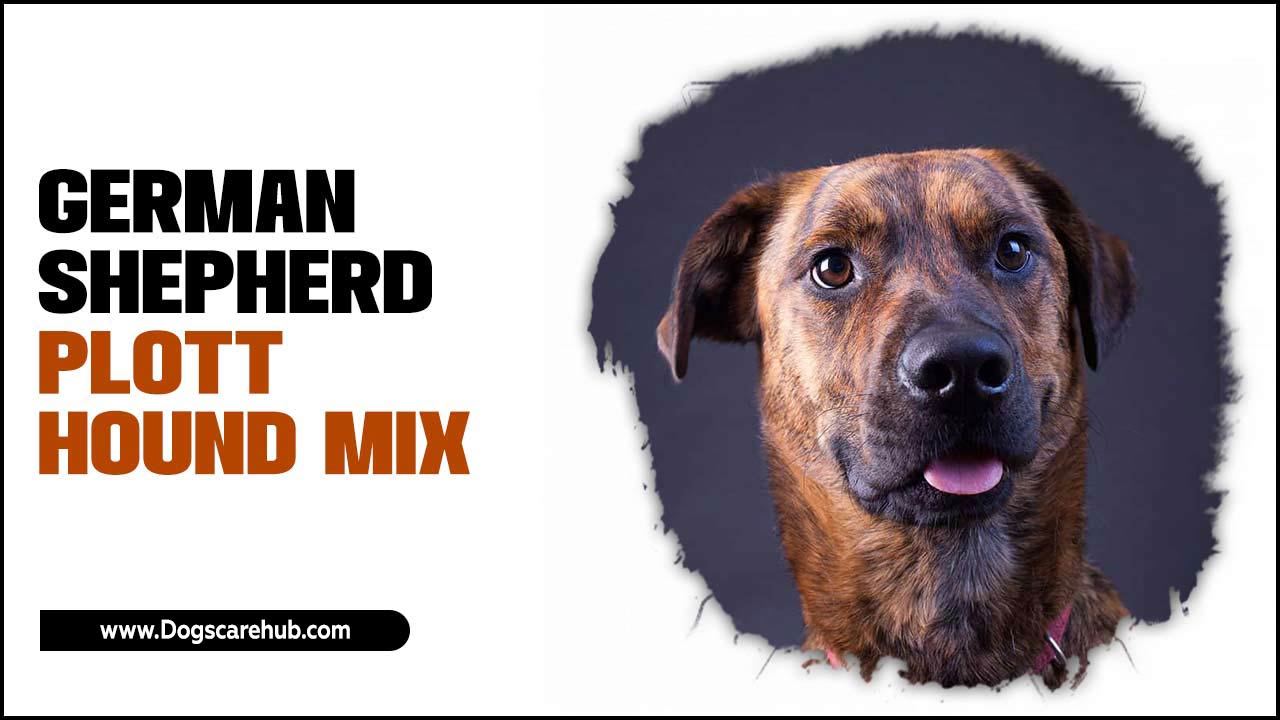Have you ever seen your dog jump at a sudden bang? It’s both surprising and sad. Many dogs feel scared of loud noises. Fireworks, thunder, or even a vacuum can make them anxious. Your furry friend might hide under the bed or bark nervously. What are these loud sounds doing to our pets?
Interestingly, studies show that around one in five dogs is afraid of loud noises. That’s a lot of tails tucked between legs! Just like us, dogs can have fears that seem strange. But why do they feel this way? The answer might surprise you.
In this article, we will explore why some dogs are scared of loud noises. We’ll also share tips on how to help them feel safe and calm. Let’s dive in and find out how we can make our scared pups feel secure.
Dog Scared Of Loud Noises: Understanding Their Fear Response
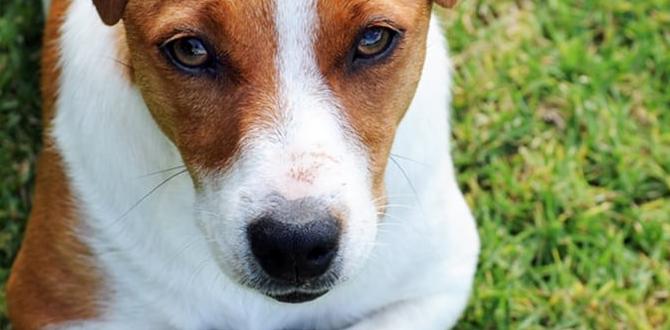
Understanding Dogs That Are Scared of Loud Noises
Many dogs get scared during thunderstorms or fireworks. They may bark, hide, or tremble. Why do they react this way? Dogs have sensitive ears that can pick up loud sounds much better than humans. A fun fact: some breeds are more anxious, like Chihuahuas and German Shepherds. Knowing how to help your dog is crucial. You can create a safe space or use calming tools. Has your dog ever acted funny during loud noises? You’re not alone!Common Causes of Noise Anxiety in Dogs
Genetic predisposition and breed tendencies. Early life experiences and socialization issues.Many dogs are prone to fear of loud noises. Some of this fear comes from their genetics. Certain breeds are naturally more anxious. Factors in early life also play a big role. For example, dogs that don’t experience loud sounds as puppies may struggle with them later. Here are some common causes:
- Genetic predisposition: Some breeds are more sensitive.
- Early life experiences: Lack of exposure to sounds can create fear.
- Socialization issues: Dogs not properly socialized may react negatively to loud noises.
What causes noise anxiety in dogs?
Noise anxiety in dogs can be caused by genetics, early life experiences, and lack of socialization. Each of these factors can increase a dog’s fear of loud sounds. Understanding them helps in better managing a dog’s anxiety.
Recognizing Signs of Noise Anxiety in Dogs
Behavioral symptoms: whimpering, hiding, and pacing. Physical symptoms: trembling, drooling, and rapid heart rate.Dogs can show their fear of loud noises in many ways. If your furry friend starts whimpering, hiding under the couch, or pacing like they’ve had too much caffeine, they might be anxious. You might also notice them trembling, drooling, or having a heart rate faster than a squirrel running from a cat! Understanding these signs can help you comfort your pup. Remember, your friendly pooch isn’t trying to annoy you; they’re just scared!
| Behavioral Symptoms | Physical Symptoms |
|---|---|
| Whimpering | Trembling |
| Hiding | Drooling |
| Pacing | Rapid Heart Rate |
Safe and Effective Training Techniques
Desensitization exercises for gradual exposure. Counterconditioning strategies to change emotional responses.Helping your pup feel brave around loud noises can be fun! Start with desensitization exercises. This means gently exposing your dog to the sound at a low level. Gradually make it louder. Think of it like training for a donut-eating contest; it takes practice! Next, try counterconditioning strategies. This helps change how your dog feels about the noise. Pair the scary sounds with yummy treats. Suddenly, loud noises mean snacks! See how your dog transforms into a noise-phobia ninja!
| Training Technique | Description |
|---|---|
| Desensitization | Expose to low-level noises, then gradually increase volume. |
| Counterconditioning | Pair loud sounds with treats to create positive associations. |
Environmental Modifications to Reduce Noise Fear
Creating a safe space with soundproofing tips. Utilizing calming products such as anxiety wraps and pheromone diffusers.Noise can make our furry friends shake like jelly! Creating a cozy space for them can help. First, consider soundproofing. Thick curtains and comfy blankets can turn a scary thunderstorm into a snoozy retreat. Also, think about using calming products. An anxiety wrap can feel like a warm hug, while pheromone diffusers release soothing scents. Together, these tricks make your pup feel safer.
| Tip | Description |
|---|---|
| Soundproofing | Use thick curtains and soft blankets. |
| Anxiety Wrap | Gives your dog a warm, snug feeling. |
| Pheromone Diffuser | Releases calming scents to ease fear. |
When to Seek Professional Help
Identifying severe anxiety cases requiring behavioral intervention. Understanding the role of veterinarians and certified dog trainers.Watch your dog closely for signs of severe anxiety. If they seem scared all the time and can’t relax, it’s time to seek help. Signs include excessive barking, hiding, or shaking. A veterinarian can check for health issues. A certified dog trainer can teach your dog coping skills. Working together can make a big difference.
When should you get help for your dog?
It’s important to recognize severe signs of anxiety. If your dog is too frightened during storms or fireworks, help is needed.
Signs your dog may need professional help:
- Hiding or trying to escape
- Excessive panting or drooling
- Loss of appetite
- Destructive behavior
Long-Term Management and Support Strategies
Building a consistent routine to foster security. Active engagement: mental stimulation and physical activity to reduce anxiety.Creating a steady routine can help your dog feel safe. Dogs love knowing what’s next. Feed them, walk them, and play around the same time every day. Think of it as a puppy calendar!
Don’t forget to keep their minds and bodies busy. Games like fetch or hide-and-seek can work wonders. You’ll tire them out, and they’ll worry less about those loud noises. Remember, a tired dog is a happy dog. Plus, silly shenanigans can turn their frown upside down!
| Activity | Description | Benefits |
|---|---|---|
| Routine | Consistent feeding and walk times | Helps reduce anxiety |
| Mental Games | Interactive toys and puzzles | Sharpens their mind |
| Physical Exercise | Daily walks and playtime | Burns off extra energy |
Conclusion
In conclusion, many dogs fear loud noises. This can result from genetics, lack of exposure, or past experiences. You can help your dog feel safe by creating a quiet space and using calming items. Consider training or consulting a vet for more tips. You can make a big difference in your dog’s comfort during loud events!FAQs
What Are Some Common Triggers That Might Cause A Dog To Be Scared Of Loud Noises?Many things can scare dogs when they make loud noises. Thunder and fireworks are two big ones. Other sounds, like sirens or vacuum cleaners, can also frighten them. Sometimes, even yelling or shouting can make a dog feel scared. Your dog might have had a bad experience with a loud noise in the past.
How Can Pet Owners Help Their Dogs Cope With Anxiety During Events Like Thunderstorms Or Fireworks?You can help your dog feel better during storms or fireworks by making a safe space. Create a cozy spot with their bed and some toys. Stay calm and comfort them with your voice. You can also play soothing music to help them relax. When they are calm, give them treats so they know being calm is good!
Are There Specific Training Techniques Or Behavioral Modifications That Can Reduce A Dog’S Fear Of Loud Sounds?Yes! We can help dogs feel less scared of loud noises. One way is to play sounds softly and give treats. This helps them connect the noise with something good. We can also create a cozy spot for them to relax when it gets loud. Patience is key, and always cheer them on!
What Role Does A Dog’S Breed Or Temperament Play In Their Sensitivity To Loud Noises?A dog’s breed and temperament can make a big difference in how they react to loud noises. Some breeds are more nervous or sensitive, so they might get scared easily. For example, Chihuahuas often fear loud sounds, while Labrador Retrievers may stay calm. A dog with a gentle temperament usually handles noise better than an anxious one. Understanding your dog’s breed helps you know how to help them stay calm during loud events.
When Should A Dog Owner Seek Professional Help For A Dog That Has A Severe Fear Of Loud Noises?You should get help if your dog shakes or hides during loud noises. If your dog’s fear makes it hard to play or go outside, it’s time to ask for help. Also, if your dog hurts itself or tries to escape because of the noise, talk to a trainer or a vet. They can give you good advice to help your dog feel better.
Meet Elyse Colburn, the devoted canine companion and storyteller behind the enchanting world of “Tales, Tails, and Adventures Unleashed.” A passionate dog enthusiast with a heart full of paw prints, Elyse Colburn shares heartwarming tales and insightful adventures, celebrating the joy, loyalty, and endless antics that make every dog a true hero. Join Elyse Colburn on this tail-wagging journey, where every post is a love letter to our four-legged friends.


